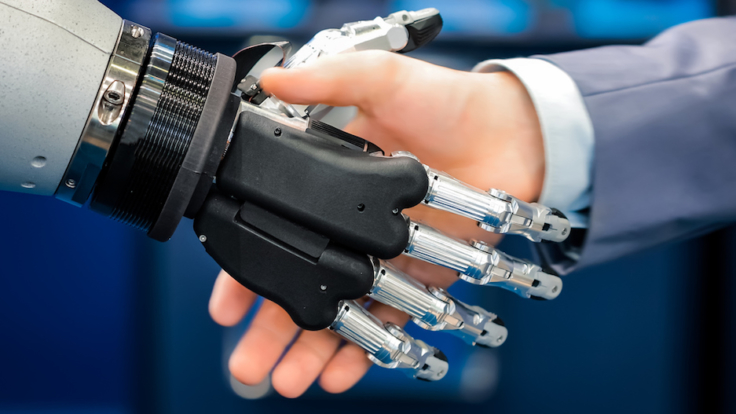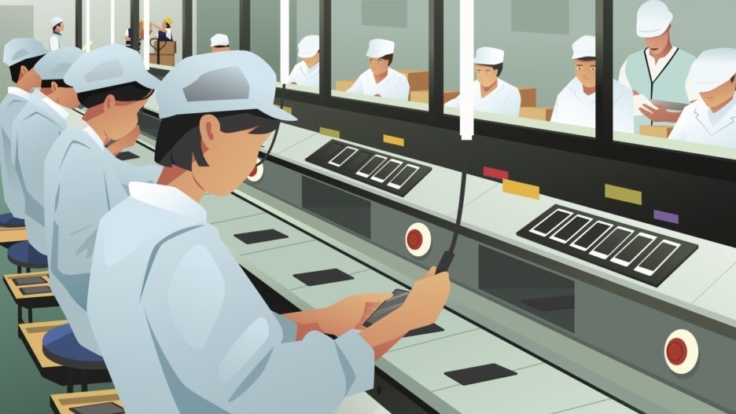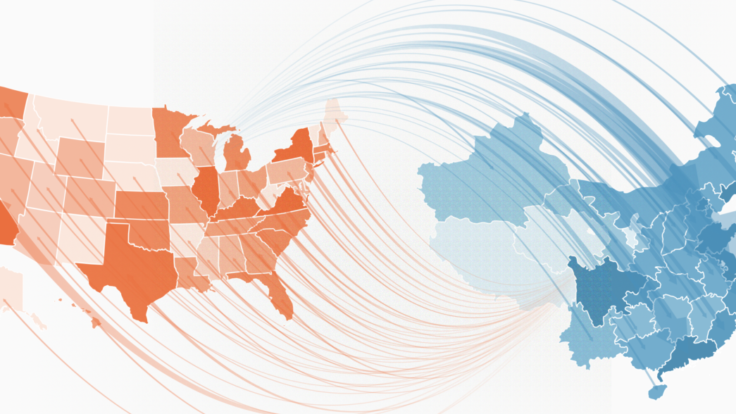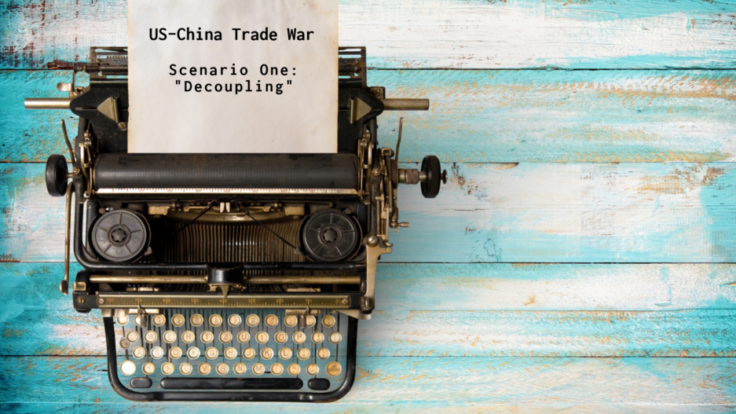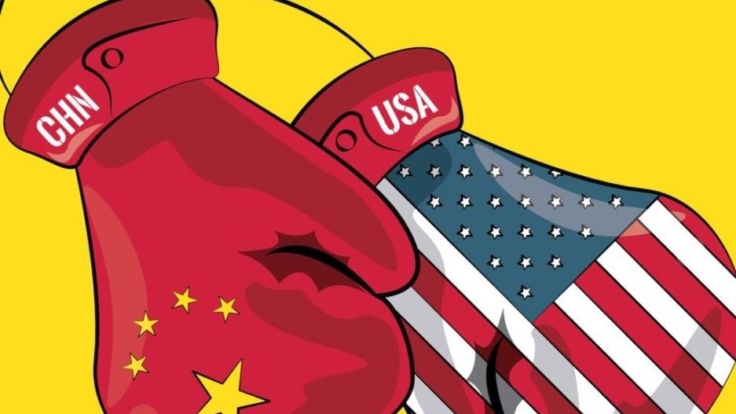Weathering the China Tariffs: How Your Macs and Wellies are Faring
In September last year, the Trump Administration finalized a list of $200 billion in imported goods subject to tariffs. The list included rubberized textile fabrics, affecting water resistant clothing. Find out how apparel and footwear companies are weathering the storm of tariffs on imports from China.




